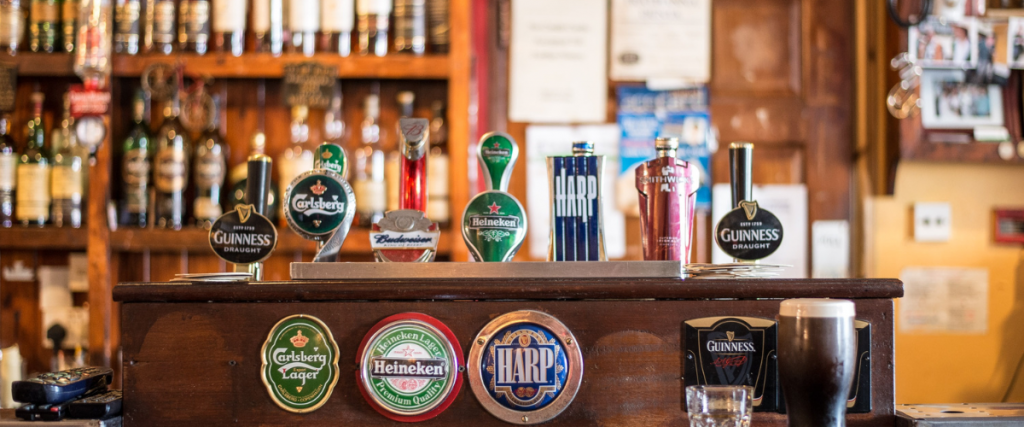
Much of the wall-to-wall coverage of the recently published Bill was devoted to the permissible extended closing times for bars and nightclubs but this Bill is much more comprehensive than this single aspect.
The most sensible change that is being made relates to allowing off-licences to open at 10.30 on each day, Sunday included
We will bring various aspects of the Bill to your attention over the next few weeks but this week, we will restrict ourselves to an area that has been grey and undefined.
Section 99 deals with, for the first time, Distance Sales.
1. Where alcohol is sold for consumption off licensed premises
(a) it shall be purchased and paid for at the licensed premises on collection by, or prior to delivery to, as the case may be, the purchaser.
(b) it shall be supplied or delivered only in an unopened bottle or can, or a similar sealed container.
(c) in the case of delivery, it shall be delivered direct to a fixed dwelling.
2. A person who makes a delivery must verify that the person receiving the delivery of alcohol is over the age of 18 years.
3. A licensee who contravenes subsection 1 (a),(b) or (c) or (2) is guilty of an offence and liable on summary conviction to a Class A fine.
CSNA commentary:
If a retailer is making sales of alcohol for delivery, then it is quite obvious that it is a licensee that must affect the sale, not a delivery company or a third-party.
It also calls into question the legitimacy of retailers sharing a centralised site to accept and process delivery orders for many separate licensed outlets operating under the same name.
If the purchase and payment of alcohol that is to be consumed off the premises can only be made by the purchaser dealing directly with the licensed premises, then the law does not provide for a hosting company or third-party agents, as they are not licensed to sell alcohol at the premises.
If the Section had provided for the sale to be made to a licensee rather than mention of the premises or had allowed for a payment at delivery rather than prior to delivery, it would, we suggest, be possible to continue with existing arrangements but the Bill has obviously been designed to stop at least some of the public unease with some of the “Dial-a-Drink” offerings.
The Bill is, of course, open to amendment and no doubt this Section will receive scrutiny from both the industry and from some of the self-appointed moral guardians.